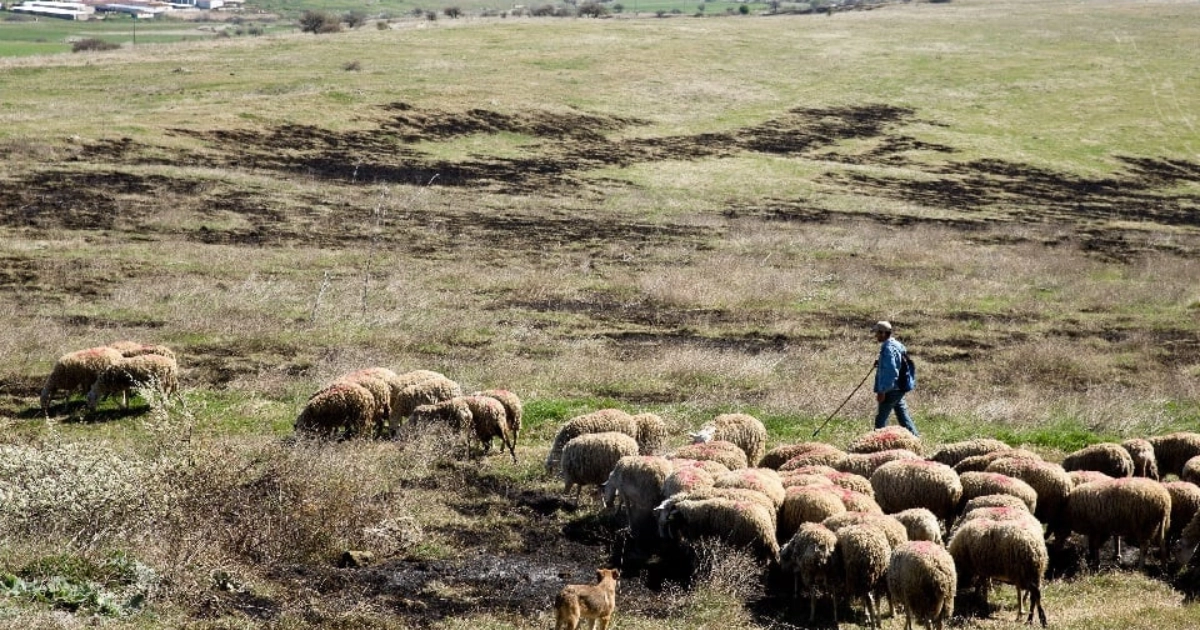The Anti-Money Laundering Unit is actively investigating a Cretan agricultural producer linked to the widespread OPEKEPE scandal involving illegal EU subsidies, as part of a broader probe into fraudulent agricultural grants across Greece. This detailed inquiry forms a critical segment of the ongoing efforts to uncover the full extent of subsidy fraud and potential money laundering related to the misuse of European funds.
Background of OPEKEPE Scandal
The scandal erupted around revelations of extensive fraudulent agricultural subsidy claims processed through OPEKEPE, the Organization of Payments and Control of Community Aid, which administers EU agricultural financial support in Greece. Since 2019, authorities have traced over 6,300 suspicious subsidy applications connected to thousands of Tax Identification Numbers (AFMs), many of which showed glaring violations and fraud, with Crete emerging as the region with the highest concentration of irregularities.
In particular, 850 out of 1,036 fraudulent subsidy recipients identified nationwide were found to be located in Crete, signaling systemic abuse that extended beyond isolated cases to a deeply rooted organized scheme. The scandal extends to suspected involvement of criminal organizations, large-scale forgery, and aggravated fraud related to grant applications.
Anti-Money Laundering Investigation
The Anti-Money Laundering Authority, under the leadership of Charalambos Vourliotis, a former Deputy Prosecutor at the Supreme Court, has been conducting rigorous audits and raids targeting individuals suspected of receiving illegal subsidies and potentially laundering the proceeds. Recent raids on OPEKEPE offices across Greece aimed to seize all relevant documents and digital data related to approximately ten key suspects in the Thessaly and Cretan regions.
This investigation phase includes thorough examinations of financial records, asset purchases, and lifestyles that may not align with declared incomes to detect money laundering indicators. Assets of suspects, including bank accounts, luxury vehicles, and real estate properties, are subject to freezing as part of precautionary measures, alongside referrals of findings to European prosecutors for further criminal assessment.
Cretan Producer Under Scrutiny
Among the individuals under investigation, a prominent Cretan agricultural producer has drawn special attention from anti-money laundering investigators. This producer’s involvement is emblematic of the broader pattern of subsidy misuse in Crete, described by Minister of Citizen Protection, Michalis Chrysochoidis, as a serious breach against national and European resources.
The producer is linked with fraudulent subsidy applications and is possibly implicated in laundering the subsidy funds through various financial channels. The ongoing inquiry into their activities involves detailed forensic examination of both financial transactions and related documentation collected from OPEKEPE systems.
Official Statements and Actions
Minister Chrysochoidis emphasized the social and ethical impacts of the scandal, asserting a zero-tolerance approach to such conspiracies against public resources. He outlined that fines have been imposed, and asset freezes are being implemented to recover the misappropriated funds. The case has been forwarded to the competent prosecutor for investigations into anti-bribery law violations as well as to the Court of Auditors for evaluating potential administrative fines.
Charalambos Vourliotis, heading the Anti-Money Laundering Authority, maintained a strict mandate for exhaustive information retrieval and audit integrity: “You will not leave OPEKEPE without retrieving all the information related to the individuals under scrutiny.” The authority is committed to transparent and independent audits to ensure all criminal offenses including money laundering are uncovered and prosecuted.
Furthermore, the European Public Prosecutor’s Office (EPPO) has been involved in the broader probe, conducting searches and supporting evidence gathering amid challenges posed by resistance to digital data access within OPEKEPE. EPPO stresses all accused are presumed innocent until proven guilty in Greek courts and continues its role in investigating crimes against EU financial interests.
Systemic Audit and Legal Framework
Earlier internal audits at OPEKEPE followed strict criteria where complaints had to meet specific thresholds related to seriousness and clarity for investigation initiation. However, delays in audits and initial acceptance of suspicious tax IDs for subsidy payments raised concerns over systemic oversight failures.
The legal framework guiding the investigation entails charges such as criminal organization formation, aggravated fraud, forgery, and complicity in the said crimes, with ongoing collection of evidence to support prosecutorial decisions.
Impact on Greek Agriculture and Public Confidence
The OPEKEPE scandal undermines not only the financial integrity of agricultural subsidy programs but also public trust in national and European fund management. Greek farmers and stakeholders have voiced demands for accountability and reform to prevent recurrence of such abuse.
The exposure of fraudulent activities primarily concentrated in Crete, a key agricultural hub, threatens the legitimacy of genuine subsidy recipients and the sustainability of farming communities reliant on these funds.
Outlook and Further Developments
The investigation remains active, with the Anti-Money Laundering Authority continuing to integrate forensic financial analysis and coordinated judicial efforts to dismantle fraud networks connected to OPEKEPE. Authorities have committed to freezing assets linked to illegal subsidies and ensuring stringent legal follow-through for those implicated, including the Cretan producer under close scrutiny.
As these inquiries progress, additional raiding operations and data forensic activities are anticipated, with continuous updates expected from the Ministry of Citizen Protection, the Anti-Money Laundering Authority, and European judicial bodies to reinforce transparency and justice in agricultural subsidy administration.


